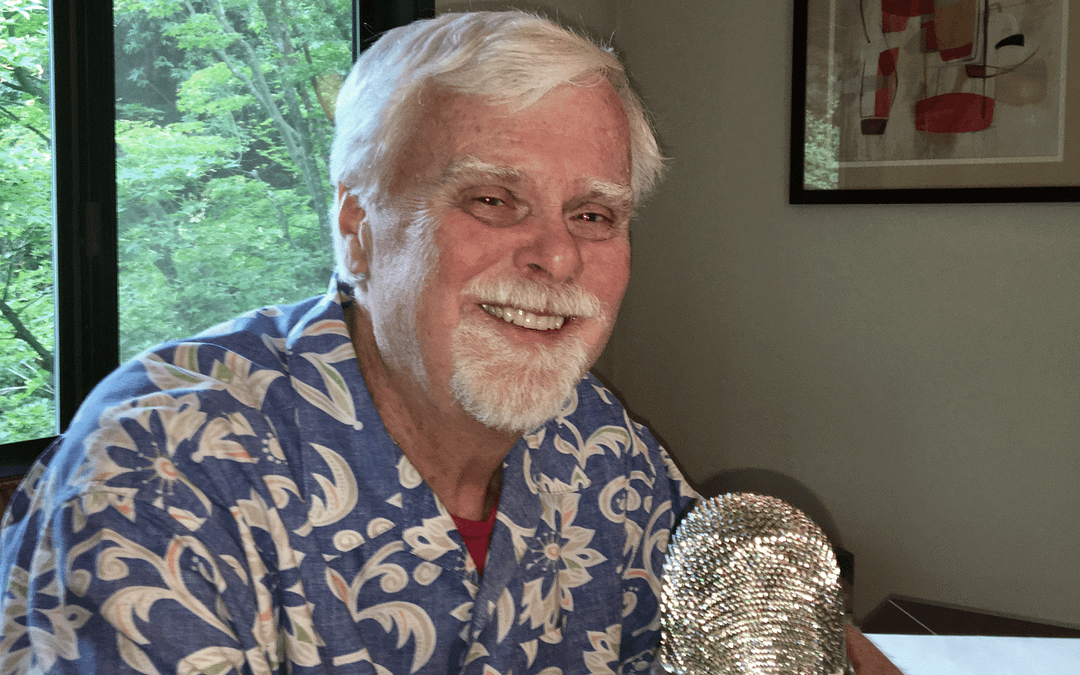Back by Popular Demand—Dr. Helen
We have invited Dr. Helen Yeni-Komshian to join Fabrice and me for two consecutive podcasts on questions listeners have asked about troubled relationships. In today’s podcast, we address a question from Mary about how to deal with a husband who constantly complains and exaggerates how awful things are at work, in politics, and in the world. But when Mary tries to dismiss his statements in an effort to “keep the peace,” it just gets worse. His complaints escalate!
This is a common problem and you may have run into it as well. Do you have a friend or family member who loves to complain? And have you noticed that your attempts to help or point out the irrationality of his or her complaints are futile? So what SHOULD you do? What’s the secret of dealing with a whiner or a complainer? Is it even possible.
Helen and David provide a myriad of information and describe techniques such as Forced Empathy, Interpersonal Decision Making, Changing the Focus, and the Five Secrets of Effective Communication. You’ll LOVE this lively dialogue!
For more information on healing troubled relationships, you can read my book, Feeling Good Together, which is available as a paperback on Amazon. In addition, you can listen to our previous podcasts on the Five Secrets of Effective Communication, beginning with Podcast #65 (Enjoy Greater Intimacy) and several of the podcasts that follow.
More relationship questions answered next week. See you then!
David
PS: Listeners who wish to contact Dr. Helen can do so via email: helen at dryeni.com. You can also visit her website, www.dryeni.com.
PPS: In Episode #101 of this podcast, David responded to Dr. Michael Edelstein and Tommy Bateman on their challenge of the TEAM-CBT model vs. REBT. David was invited to be interviewed on their YouTube channel, The REBT Advocate and used his own effective communication skills to answer the challenge in Episode 35 of The REBT Advocate. You might want to listen to it.
Coming Up Soon–
TEAM-CBT Methods for the Treatment of Relationship Difficulties
Step by Step Training for Therapists
by David Burns, MD and Jill Levitt, PhD
Learn how to reduce patient resistance and boost motivation to change. Master skills that will enhance communication skills and increase intimacy with loved ones. This workshop is highly interactive with many case examples and opportunities for practice using role plays.
Join us for a day of fun and inspiring learning on site in Palo Alto OR online from anywhere in the world by this dynamic teaching duo!
Sunday October 28th, 2018 (9am-4pm PST) 6 CE*s. $135
To register, go to Feeling Good Institute
or call 650-353-6544
* * *
Rapid Recovery from Trauma
a two-day workshop
by David D. Burns, MD
October 4-5, 2018–Woodland Hills, CA
and
November 1-2, 2018–Pasadena, CA
The November workshop includes Live Streaming
if you cannot attend in person)
For further information, go to www.IAHB.org
or call 1-800-258-8411
Register Now!


